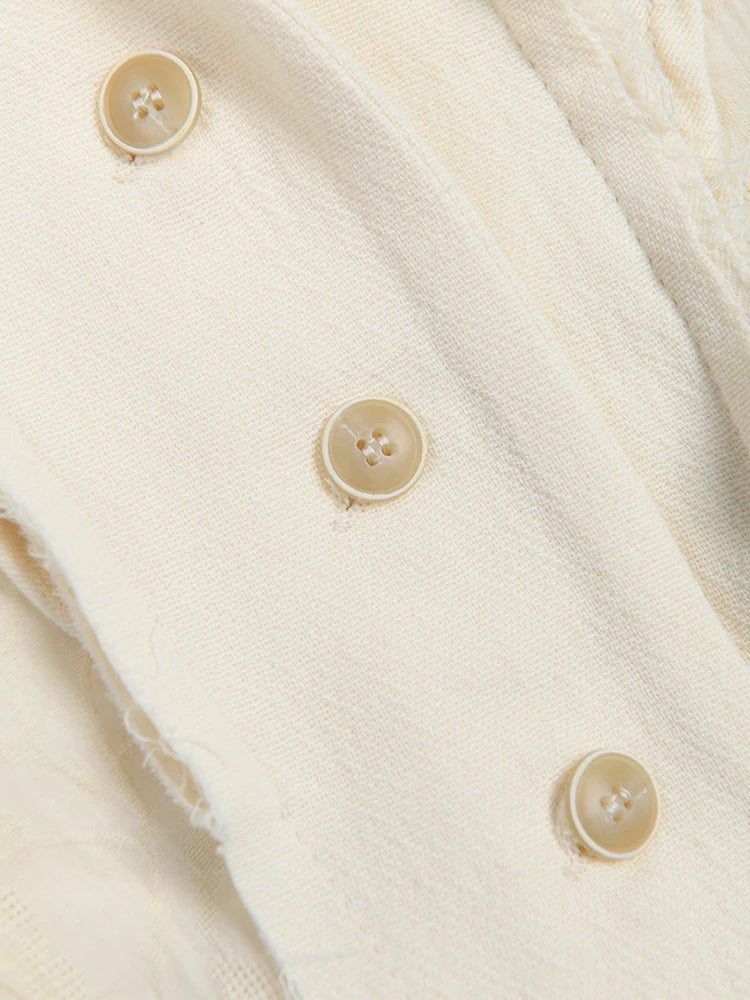
The Evolution of Sustainable Fashion: How Eco-Friendly Trends are Redefining Style
As sustainability becomes a non-negotiable value for younger generations, Millennials and Gen Z are leading a fashion revolution. The rise of eco-friendly materials, upcycling, and slow fashion has redefined how we think about style. This blog post will explore the most impactful sustainable fashion trends, while educating you on how to incorporate eco-friendly choices into their wardrobe.
From Fast Fashion to Slow Fashion
Millennials and Gen Z have been critical of fast fashion’s environmental toll. Learn how the shift towards slow fashion, prioritizing quality and longevity over mass production, is reshaping the industry. Brands like Patagonia and Stella McCartney are leading the way by focusing on craftsmanship and sustainability.
Sustainable Materials in the Spotlight
Organic cotton, hemp, and recycled fabrics have moved from niche products to mainstream choices. This section will educate you on the best eco-friendly materials available, explaining their benefits and why they are important in reducing the fashion industry’s carbon footprint.
The Rise of Second-Hand and Vintage
With apps like Depop, Poshmark, and ThredUp gaining popularity, younger generations are embracing second-hand fashion. Not only does this trend make unique vintage pieces accessible, but it also encourages reducing waste by giving clothes a second life.
Upcycling and DIY Fashion
Upcycling has become a favorite trend for both Millennials and Gen Z. The creativity behind transforming old clothes into something new has made it an appealing choice for those wanting unique, personalized outfits. This section can include tips and ideas for how readers can start upcycling their own wardrobe.
Ethical Fashion Brands to Watch:
1. Pangaia – Science Meets Sustainability
Pangaia has become a household name for eco-conscious Millennials and Gen Z. This forward-thinking brand combines science and fashion to create sustainable clothing using innovative materials like bio-based fibers, seaweed yarn, and recycled plastic. Their vibrant, minimalist designs have become iconic, particularly their cozy, colorful tracksuits, made from organic cotton and treated with natural dyes. Beyond materials, Pangaia actively engages in reforestation efforts and research to improve the fashion industry’s ecological footprint.
2. Reformation – Stylish and Sustainable
Reformation has successfully positioned itself as one of the most stylish sustainable brands on the market. Known for its effortlessly chic dresses and timeless pieces, Reformation ensures that its entire production process—from fabric sourcing to energy use—minimizes waste and environmental impact. Their commitment to transparency extends to tracking carbon emissions and publishing sustainability reports for consumers to understand the true cost of their fashion choices. This combination of style and sustainability has made Reformation a go-to for both Millennials and Gen Z.
3. Girlfriend Collective – Activewear with a Conscience
Girlfriend Collective focuses on creating ethically-made activewear, with a particular emphasis on size inclusivity and eco-friendly materials. Their leggings and sports bras, made from recycled water bottles and fishing nets, offer high-performance durability without sacrificing sustainability. Girlfriend Collective’s transparent supply chain practices and emphasis on fair labor make it a popular choice for consumers looking to support ethical brands. The brand has gained a loyal following for offering fashion that feels good, looks good, and does good.
4. Christy Dawn – Farm-to-Closet Fashion
Christy Dawn stands out for its commitment to a farm-to-closet model, working directly with regenerative farms to create stunning, vintage-inspired dresses. The brand uses deadstock fabric and organic cotton, prioritizing a circular, sustainable approach to fashion. Christy Dawn’s timeless designs appeal to eco-conscious Millennials and Gen Z who are drawn to both its aesthetic and environmental values. By promoting a connection between farmers and fashion, Christy Dawn is revolutionizing how we think about ethical production.
5. Tentree – Planting the Future
As its name suggests, Tentree plants ten trees for every item purchased, making it a perfect match for environmentally-conscious shoppers. The brand focuses on casual wear, offering cozy, sustainable basics made from organic cotton, recycled polyester, and Tencel. Tentree’s tree-planting efforts have resulted in millions of trees being planted around the globe, supporting reforestation and local ecosystems. Their mission to reverse environmental damage has earned them a loyal following among eco-aware Millennials and Gen Z.
Conclusion:
As the demand for eco-friendly fashion continues to grow, Millennials and Gen Z are proving that sustainability and style can go hand-in-hand. By staying informed about the latest trends and making conscious choices, they are not just following fashion—they are shaping its future.
This post educates you while staying on-trend with the current push for sustainability in fashion. What do you think?

No Comments